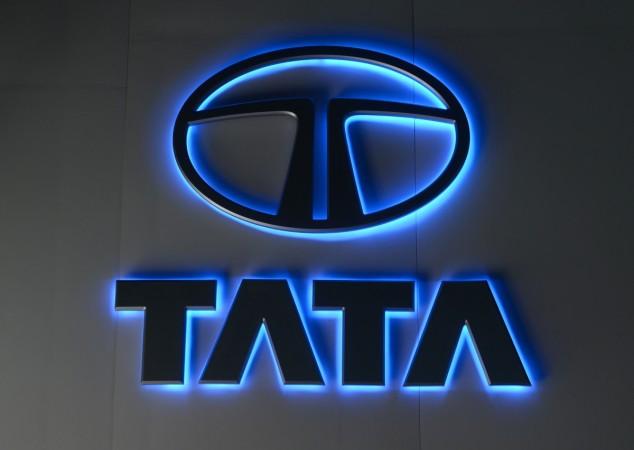
Jaguar Land Rover owner Tata Motors Ltd on Thursday reported a bigger-than-expected quarterly loss that nearly doubled, hit by an ongoing slump in car demands at home, as well as plant shutdowns and delays due to Britain's planned exit from the European Union.
Tata completed the $2.3-billion acquisition of Jaguar and Land Rover in 2008, but the iconic British brand has been hit by a trend to move away from diesel cars towards cleaner fuels, as well as political and trade uncertainty related to Brexit.
The Mumbai-based company plans to introduce electric variants for all of its JLR models by 2020.
On Thursday, Tata Motors Chief Financial Officer P.B. Balaji said during a conference call that the luxury car was seeing a pick up in sales in key market China and expected its sales to also improve in the U.K. as Brexit details got sorted.
The company was "extremely happy there will be decisive action in the coming days," Balaji said of Brexit. The United Kingdom's new Prime Minister Boris Johnson has promised to lead Britain out of the European Union on Oct. 31 with "no ifs or buts."
Back home, the company's focus will be on retail sales as it expects market conditions to improve ahead of the festive season that begins next month, he added.
The Indian auto sector has been plagued by slowing demand due to higher insurance costs and a credit squeeze in recent months, prompting many automakers such as the company's rival, Maruti Suzuki Ltd, to cut production on surging inventories.
Passenger vehicle sales in June fell over 17 percent, data released by the industry's trade body earlier this month showed, resulting in an 18.4 percent fall for the first quarter as a whole.
Tata Motors lost Rs 36.98 billion ($535.93 million) in the quarter ended June 30, compared to a loss of Rs 19.02 billion a year ago. Revenue fell 7.7 percent to Rs 608.30 billion.
Analysts on an average expected the company to report a loss of Rs 19.38 billion in the quarter, according to Refinitiv data.
Revenue from Jaguar Land Rover Automotive Plc, the company's biggest unit, fell 2.8 percent to 5.07 billion pounds ($6.34 billion).
The company's shares closed down 4.6 percent in a broader NSE market that ended 0.17 percent lower.

















